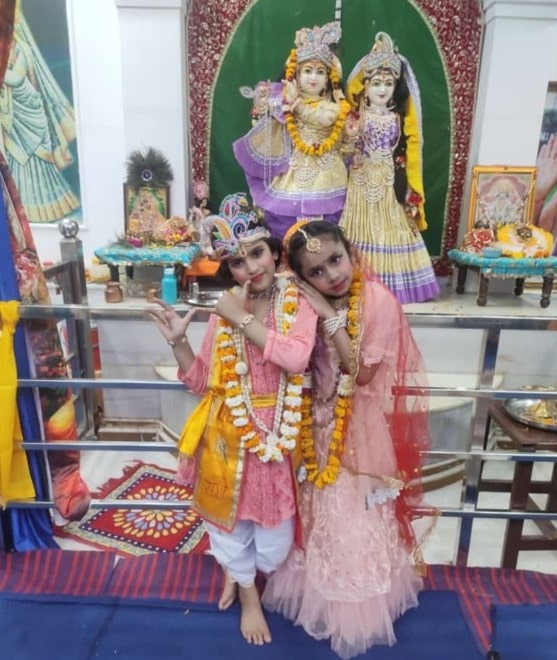Health and wellness are invaluable aspects of an individual’s life that significantly contribute to one’s overall quality of life. Maintaining good health and wellness involves a combination of physical, mental, and emotional well-being. India, a land of rich cultural diversity, has a unique role to play in promoting and maintaining health and wellness. Let’s explore the major factors for maintaining health and wellness and discuss how India’s culture and diversity can contribute to this endeavor.
Major Factors for Maintaining Health and Wellness
Nutrition: A balanced diet is essential for maintaining good health. It provides the body with the necessary nutrients, vitamins, and minerals required for optimal functioning. India’s diverse culinary traditions offer a wide array of nutritious options. From the vegetarian diet of South India to the protein-rich dishes of the North, Indian cuisine caters to various dietary preferences.
Physical Activity: Regular physical activity is crucial for maintaining physical health. Yoga, an ancient practice that originated in India, has gained global recognition for its physical and mental health benefits. India’s diverse landscapes, from the Himalayan Mountains to serene beaches, provide ample opportunities for outdoor activities.
Mental Health: Mental well-being is as vital as physical health. India’s culture promotes mindfulness through practices like meditation and Ayurveda, emphasizing the importance of a balanced mind. People are becoming more comfortable discussing mental health problems and seeking assistance.
Social Connections: Building and nurturing social connections play a pivotal role in mental and emotional wellness. India’s strong emphasis on family and community bonding develops a support system that contributes to overall well-being. Festivals and celebrations are occasions for strengthening these bonds.
Preventive Healthcare: India’s cultural practices include herbal remedies and traditional medicine systems like Ayurveda and Siddha. These holistic approaches focus on preventive healthcare and can complement modern medicine.
India’s Culture and Diversity in Promoting Health and Wellness
Yoga and Meditation: Yoga and meditation are integral to India’s cultural heritage. These practices have gained global recognition for their positive impact on physical and mental health. The ancient wisdom of yoga provides tools for stress management, improved flexibility, and enhanced mental clarity.
Ayurveda: Ayurveda, the traditional Indian system of medicine, emphasizes the balance between mind, body, and spirit. Ayurvedic practices, such as dietary guidelines and herbal remedies, offer holistic approaches to healthcare and wellness.
Diverse Cuisine: India’s diverse culinary traditions offer a wide range of nutrient-rich foods. Spices like turmeric, cumin, and ginger are known for their health benefits. The practice of mindful eating is encouraged, where food is considered not just for sustenance but as a source of nourishment.
Festivals and Celebrations: India’s numerous festivals and celebrations often involve physical activity, communal gatherings, and expressions of joy. These events develop social connections and promote mental well-being.
Community and Family Values: India’s strong emphasis on family and community values provides a robust support system. Families play a vital role in providing emotional support and care, particularly in times of illness or distress.
Conclusion
India’s varied culture and diversity greatly help in keeping people healthy and well. From yoga and Ayurveda to diverse cuisine and social connections, India offers a holistic approach to well-being. As the world increasingly recognizes the importance of holistic health, India’s cultural heritage and practices are valuable assets that can inspire and guide individuals and communities toward a healthier and more fulfilling life. By embracing and preserving these cultural traditions, India can continue to play a pivotal role in promoting health and wellness on a global scale.
